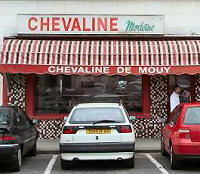 It’s not often that we get to talk about horse meat at Export Law Blog, but that’s exactly what we’ll be talking about today. Yesterday, the Supreme Court denied certiorari in Cavel International v. Madigan, leaving in place a decision of the Seventh Circuit Court of Appeals upholding the constitutionality of an Illinois statue which, among other things, banned the export of horse meat for human consumption.
It’s not often that we get to talk about horse meat at Export Law Blog, but that’s exactly what we’ll be talking about today. Yesterday, the Supreme Court denied certiorari in Cavel International v. Madigan, leaving in place a decision of the Seventh Circuit Court of Appeals upholding the constitutionality of an Illinois statue which, among other things, banned the export of horse meat for human consumption.
Now you should see why we’re serving up a platter of filet de cheval, sauce au poivre vert. Normally a state law banning a foreign export of any product (horse meat included) would raise serious questions under the U.S. Constitution’s Commerce Clause.
So why did the Supreme Court let the decision upholding the Illinois statute stand? Because Judge Posner, who wrote the opinion for the Seventh Circuit, deftly avoided the constitutionality of the anti-export provisions under the Illinois law.
The Illinois law banned the slaughter of horses for human consumption and banned the export of horse meat for human consumption. In the case before the Seventh Circuit, the plaintiff was a horse slaughterhouse and not an exporter. (Foreign exports were handled, apparently, solely by the middlemen.) So the plaintiff only had standing to challenge the anti-slaughter provision, not the anti-export provision, and the Seventh Circuit, therefore, had no occasion to decide whether the anti-export provision of the Illinois statute was unconstitutional, although there’s plenty in Judge Posner’s decision to suggest that the court had problems with the anti-export provision.
Although I don’t agree with everything in the the erudite Judge Posner’s opinion, it’s a fascinating and entertaining read, vividly written and argued, and it’s probably the only opinion of a federal appeals court (or any other court, for that matter) with a picture of a lion in a Texas zoo eating a “birthday cake” made of horse meat and decorated with whipped cream icing and a carrot candle.

 Posted by
Posted by  Category:
Category: 

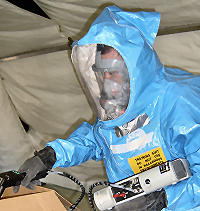 Miami-based
Miami-based 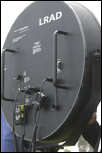 The export classification of recently-devised forms of non-lethal weaponry can be a tricky business, and nowhere more so than in the case of Long Range Acoustical Devices (“LRAD”). This interesting
The export classification of recently-devised forms of non-lethal weaponry can be a tricky business, and nowhere more so than in the case of Long Range Acoustical Devices (“LRAD”). This interesting 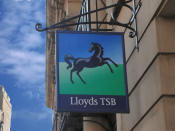 According to this
According to this 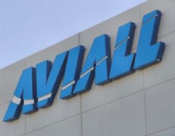 The Bureau of Industry and Security (“BIS”) recently released a
The Bureau of Industry and Security (“BIS”) recently released a 

